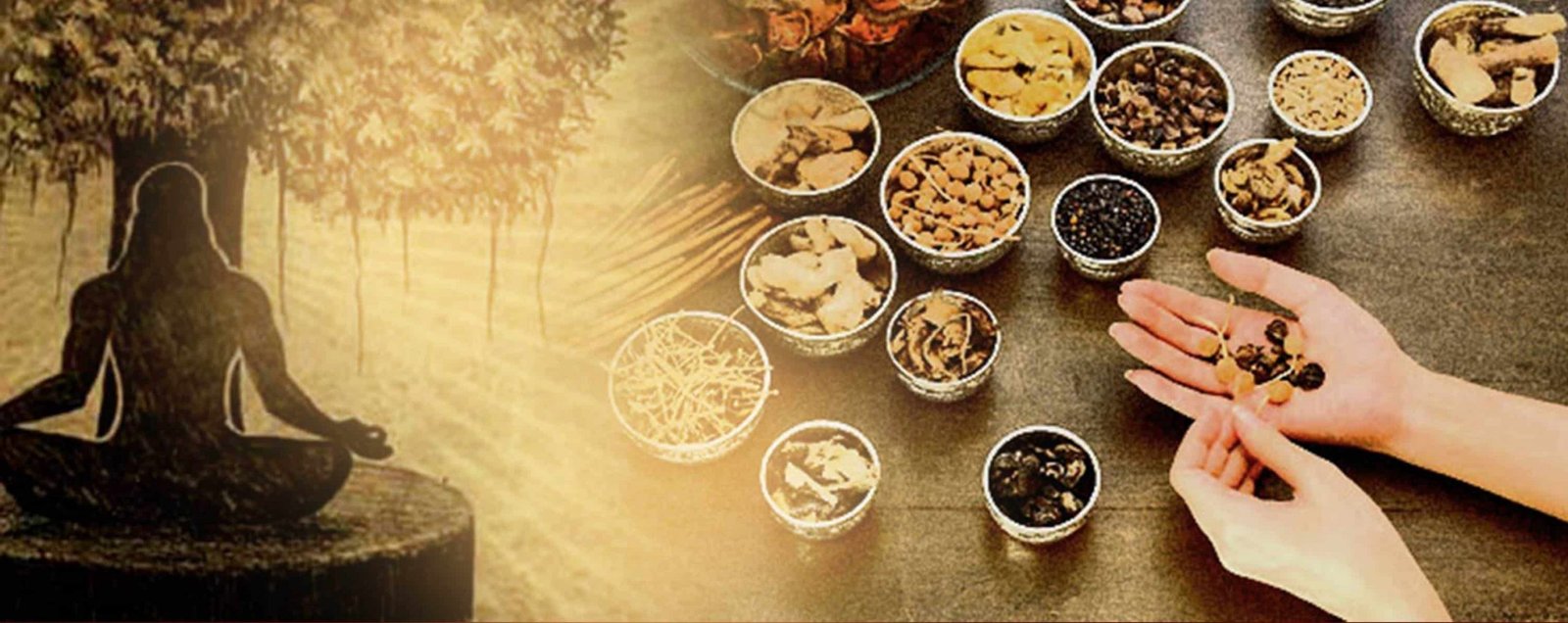Empowering Wellness Through Holistic Healing – Integrated AYUSH Council

ABOUT US
“Integrated Ayush Council‘ – The Integrated Ayush Council (IAC), is a pioneering body established to promote the integration of traditional Indian medicine (Ayush) with modern healthcare.Integrated Ayush Council presents a model for self-regulation and collaborative development within the AYUSH field. While challenges remain in its implementation, it holds significant potential to elevate the quality, trust, and impact of AYUSH in India and beyond.
IAC welcomes you to a world of holistic healing, where ancient wisdom meets modern science in a symphony of well-being. We are bridging five pillars of Ayush – Ayurveda, Yoga, Unani, Siddha & Homeopathy – to empower individuals on their journey towards optimal health and harmony.
Potential Benefits:
- Streamlining Regulations: Implementing uniform standards and ethical guidelines across all AYUSH systems.
- Enhancing Public Trust: Building public confidence in the effectiveness and safety of AYUSH therapies.
- Fostering Innovation: Encouraging research and development within AYUSH, leading to new advancements and therapeutic applications.
- Strengthening Advocacy: Providing a unified voice for AYUSH stakeholders to advocate for its integration into mainstream healthcare.
Why “Integrated Ayush Council‘ ?
- Promotion and Advancement of Ayush:
- Working towards the promotion and advancement of Ayush and its applications.
- Maintaining and Promoting Ayush Traditions:
- Focusing on preserving and promoting the traditional practices and knowledge of Ayush.
- Research Facilities for Ayush:
- Providing extensive research facilities for fundamental and clinical research in the discipline of Ayush, considering the socio-economic needs of the society.
- Organizing Events:
- Holding conferences, seminars, workshops, camps, and public meetings to propagate information and knowledge about Ayush, its techniques, and practices both in India and abroad.
- Accreditation and Affiliation:
- Accrediting and affiliating Ayush institutions, and prescribing basic requirements for affiliation. Bringing self-discipline to the operations of Ayush institutions.
- Research on Emerging Trends:
- Conducting experiments and research on emerging trends in Ayush to stay abreast of developments.
- Development of Techniques:
- Developing techniques and approaches based on ancient Ayush texts and scriptures to address the challenges of the modern era.
- Dissemination of New Approaches:
- Disseminating new approaches to the practice, teaching, and research of Ayush.
- Prescribing Courses and Syllabus:
- Prescribing different courses for education and training in Ayush, along with syllabus and curriculum guidelines for various Ayush education, therapy, and training programs.
Need of Integrated Ayush Council in India
Ayush Market in 2020 reached a staggering 1,49,451 Crore Rupees, marking a remarkable 6-fold growth since 2014. India’s Ayush exports amounted to 12,715 Crore Rupees in the same year. Ayush encompasses Ayurveda, Yoga, Naturopathy, Unani, Siddha, and Homoeopathy, focusing on preventing and curing various disorders. The Ayush Health Infrastructure includes 12,000 Ayush Hospitals and 37,000 Ayush Dispensaries. The Integrated Ayush Council convenes experts, policymakers, researchers, and stakeholders to shape the future of Ayush Systems in India.
Need of Integrated Ayush Council in India
The integration of Ayush (Ayurveda, Yoga and Naturopathy, Unani, Siddha, and Homeopathy) into the mainstream healthcare system in India is recognized for several reasons:
Coordination and Standardization: An integrated council can help coordinate efforts among different Ayush systems, promoting collaboration and standardisation in terms of education, practices, and research.
Regulatory Framework: Establishing a unified council can contribute to the development of a comprehensive regulatory framework for Ayush practices, ensuring quality standards and ethical practices across the board.
Research and Development: A centralised body can facilitate and promote research and development in the field of Ayush, fostering innovation and evidence-based practices.
Education and Training: The council can play a crucial role in setting and maintaining standards for education and training in Ayush systems, ensuring that practitioners are well-qualified and adhere to established guidelines.
Public Awareness: An integrated council can take the lead in creating awareness about Ayush systems, their benefits, and their role in promoting holistic health and wellness among the public.
Global Recognition: A unified approach can enhance the credibility and recognition of Ayush systems at the international level, potentially opening up opportunities for collaboration and exchange of knowledge.
Collaboration with Modern Medicine: Integration can facilitate collaboration between Ayush and modern medicine, leading to a more comprehensive and patient-centric healthcare system.
Policy Advocacy: The council can serve as an advocate for Ayush systems in policy-making, helping to integrate traditional practices into national health policies and programs.
Quality Control: Ensuring the quality and safety of Ayush products and therapies is crucial. An integrated council can establish and enforce quality control measures, safeguarding public health.
Holistic Healthcare Approach: An integrated council can promote a holistic approach to healthcare, recognizing the interconnectedness of the body, mind, and spirit, and incorporating traditional healing methods into mainstream healthcare.
